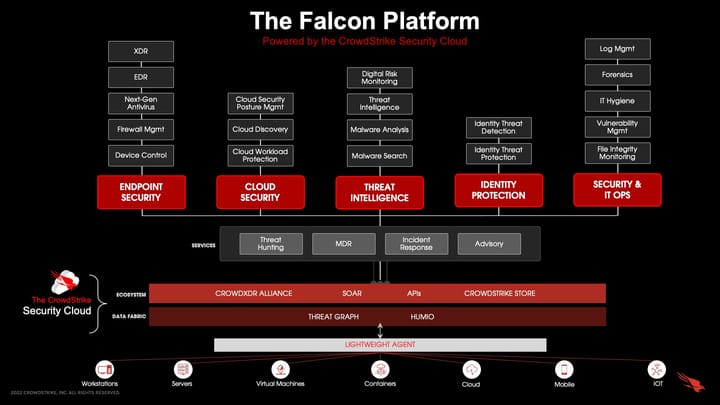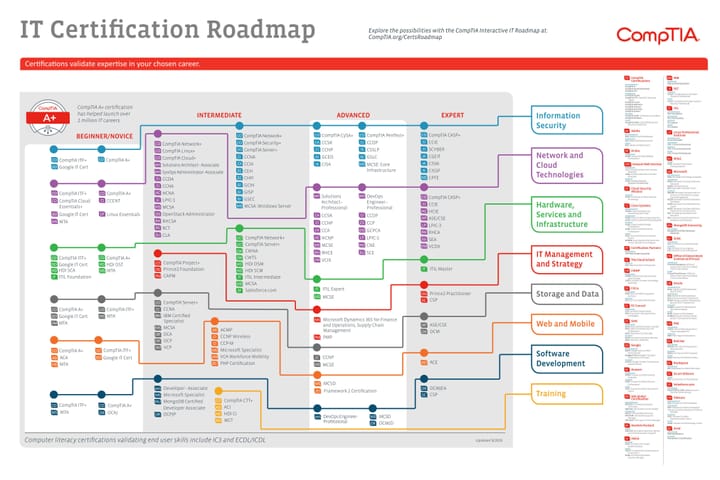The Domino Effect: What Happens to Your Business When Leaders Aren't Accountable

Introduction:
In the dynamic landscape of business, leadership is the driving force behind success. A critical component of effective leadership is accountability. When leaders fail to be accountable for their actions and decisions, it sets off a chain reaction that can have profound implications for the entire organisation. In this blog post, we will explore the ripple effects of leadership unaccountability and shed light on why accountability is a cornerstone for a thriving business.
Erosion of Trust:
Accountability is the glue that holds trust together within a team or organisation. When leaders are not accountable, trust begins to erode. Team members may start questioning the integrity of their leaders, leading to a toxic work environment. A lack of trust hinders collaboration, communication, and overall team morale, making it difficult for the business to achieve its goals.
Diminished Employee Morale:
Unaccountable leaders often fail to acknowledge their mistakes or take responsibility for the consequences of their decisions. This lack of ownership can have a demoralising effect on employees. When team members perceive a lack of accountability from their leaders, they may become disengaged, resulting in decreased productivity and creativity.
Stagnant Innovation:
Innovation thrives in an environment where leaders encourage risk-taking and learning from failures. However, when leaders avoid being accountable, they create a culture of fear where employees are hesitant to take risks. This fear of repercussions stifles innovation and inhibits the growth potential of the business.
Escalating Conflicts:
Leadership sets the tone for the entire organisation. When leaders avoid accountability, it can lead to a culture of blame-shifting and finger-pointing. This, in turn, escalates conflicts within the team and impedes the resolution of issues. A lack of accountability can create a toxic atmosphere that hinders collaboration and teamwork.
Deterioration of Company Culture:
A strong and positive company culture is essential for attracting and retaining top talent. Unaccountable leaders can contribute to a negative culture characterised by low morale, high turnover, and a lack of employee engagement. Ultimately, a deteriorating company culture can repel potential employees and customers alike.
Conclusion:
In the fast-paced and competitive business world, accountability is not just a desirable trait but a fundamental necessity for sustainable success. When leaders shirk their responsibility, the effects are far-reaching and can have a detrimental impact on the entire organisation. Fostering a culture of accountability is not only crucial for building trust and maintaining employee morale but is also pivotal for driving innovation and sustaining a positive company culture. As leaders, it is imperative to recognise the domino effect that follows when accountability is lacking and to take proactive measures to ensure a culture of responsibility and ownership within the organisation.



Comments ()